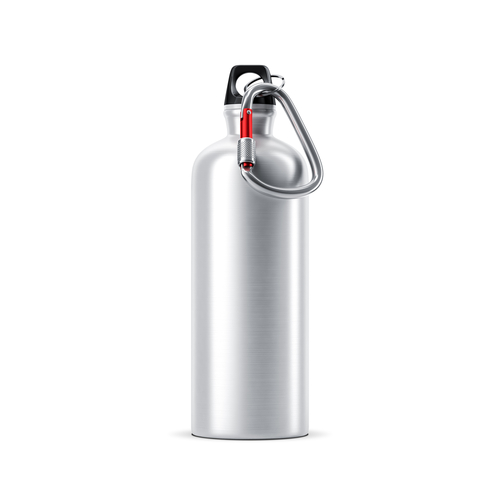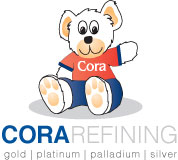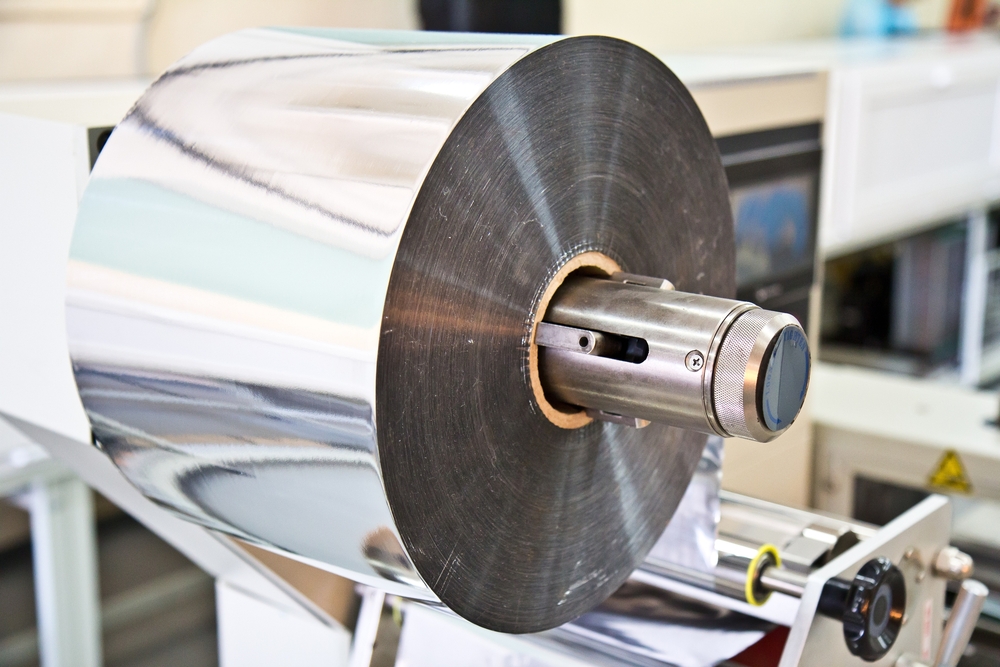At Cora Refining, we consider it a priority to learn as much as possible about precious metals. Staying updated on trends, new technology and best practices helps us to maximize our clients’ return for each precious metal sample. Beyond new industry developments, understanding the history of precious metal refining also helps us to better grasp how the dental refining industry will progress in the future. In this post, we are going to explore the history of aluminum, specifically pertaining to why it is no longer considered a precious metal.
Aluminum: Better Than Gold?
Before the Industrial Revolution, aluminum was a highly-sought after metal. In fact, it was more valuable than modern treasures like gold and silver. This was not, however, because of its appearance or scarcity. Instead, aluminum derived its value from the difficulty involved in extracting and refining it.
Aluminum’s prominence during this period was noted by historians in several unique ways. French Emperor Napoleon had a prestigious set of aluminum plates, which he reserved for only the rarest of occasions.

Transition into Industry

After its brief stint as an extravagant, regal material, scientists quickly improved their refining technologies and practices. Eventually, aluminum became readily available on massive scales for construction projects, vehicles and even home appliances.
With technology that can now efficiently refine aluminum with minimal effort and money, it transitioned into a household and industrial product.
Is Aluminum a Usable Precious Metal for Dental Refining?
Even though the perceived value of aluminum has decreased, nobody has argued its practicality. Aluminum oxides are often used by dentists in dental work like fillings. However, aluminum is very readily available, so there is almost no demand for it. Because of this, it is not lucrative in the dental refining industry.
Dental Refining: Sell Your Precious Metals
Even though aluminum has been out of the elite metals game for some time now, gold, palladium, platinum and silver are still highly valued precious metals. As a fully transparent dental refinery that accepts precious metals in all forms, we will use the reliable fire assaying method to yield the highest possible return for your collections. In your next major office cleaning, be sure to thoroughly search for all dental scrap to earn the most return.
When submitting precious metals to your local dental refinery, it’s important to ensure that your materials are valued appropriately. The easiest way to do this is to weigh your precious metals before submitting them. Here are three easy ways to weigh precious metals before sending them to the dental refinery:
1. Scale
Jeweler’s scales are generally valued under or around $50, and are the most accurate method for weighing precious metals before submission.
2. Measurements
Weighing in troy ounces, and secondarily pennyweights, is also a good way to measure the value of your precious metals.
3. Visit the jeweler
If you cannot purchase your own scale, pay a visit to a local jeweler and ask them to weigh your precious metals.

